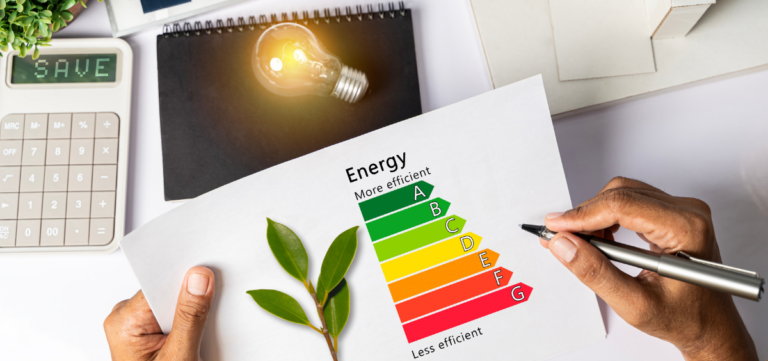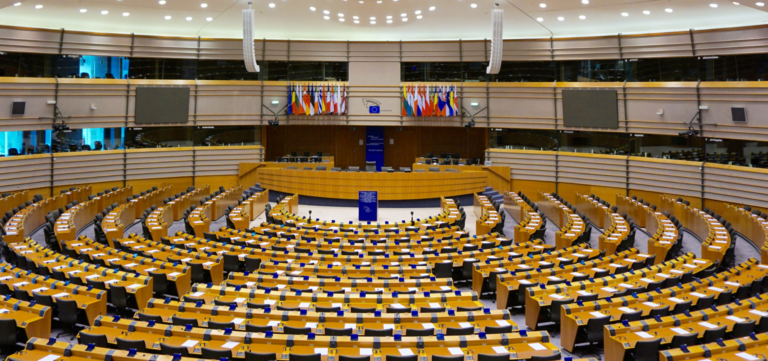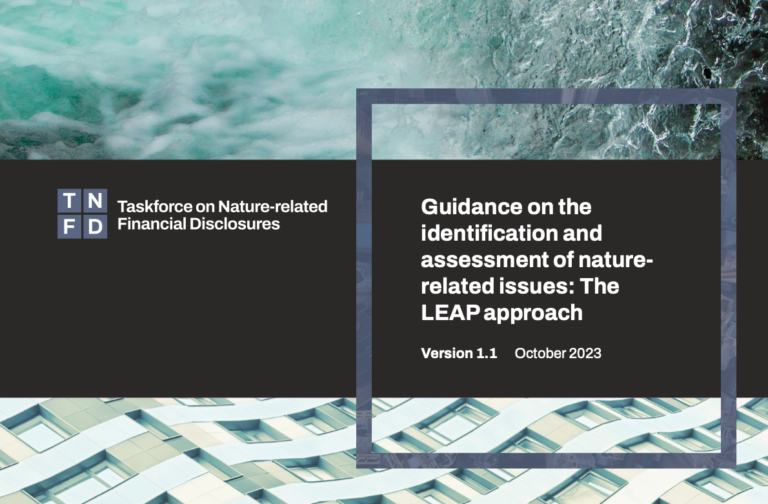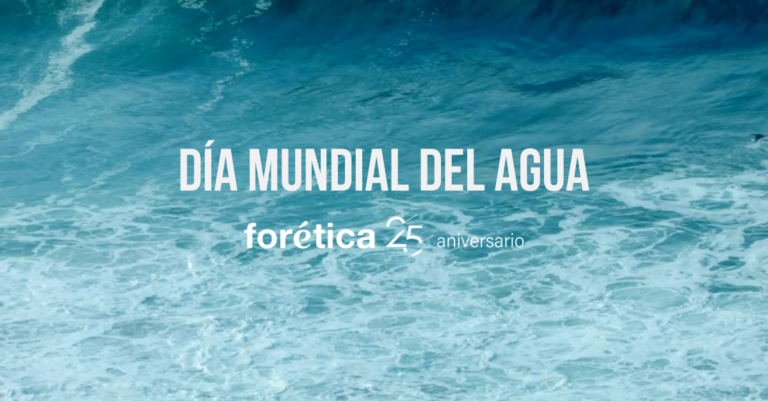Permacrisis has been chosen in the United Kingdom as "word of the year" by the Collins dictionary. It is defined as a long period of instability and insecurity as a consequence of catastrophic events. Such events include pandemics, the consequences of the invasion of Ukraine, inflation with its noticeable impact on the cost of living and the consequences of climate change. The term adds a very relevant nuance, since it incorporates the idea that, in the face of the magnitude and succession of harmful events, society ends up paralyzed.
Forética has just presented the five ESG trends that will set the agenda in 2023. A reflection built by the team based, on the one hand, on its continuous and daily work with professionals from more than 200 companies and our main international allies. In addition, a review of the most current international reports on the evolution of corporate sustainability has been added to the analysis. The main conclusion? It is time for accelerated corporate action, not paralysis.
The five ESG trends we present in this year's report are as follows:
- The moment of truth: From a macro point of view, the sustainability agenda has been enjoying a broad consensus during the last decade. However, several overlapping economic, geopolitical and social crises have shown weaknesses in the orientation and speed of certain policies, eroding the conviction of some groups, who have come to question the validity of the drive towards sustainability. Despite this complex scenario, sustainability remains the best solution to address the major social and political challenges to generate a model of prosperity and well-being for the world's 8 billion inhabitants, within the limits of our planet.
- Sustainability is consolidated in the CEO's mind: ESG policies become a fundamental ally to face business challenges. CEOs find in sustainability an important source of solutions to the challenges that threaten business profitability.
- There is no Net-Zero without Nature Positive: Climate change has been the main focus of attention and action by governments and the private sector on environmental issues over the last decade. However, the crisis related to biodiversity loss and degradation of natural systems, which may compromise 50% of global GDP, has led to a change in the reference system on the basis of which challenges and opportunities are determined. The Kunming-Montreal Agreement reached at COP 15 is a clear reflection of this. Nature - which includes biodiversity, freshwater, land, oceans and atmosphere - is placed at the center of the strategies, and a comprehensive and coordinated approach is needed to achieve success.
- Social impact as a key to a turbulent environment: Internally, the role of sustainability in attracting, retaining and developing talent will be strengthened. The adaptation of organizations to new work models resulting from the pandemic, the impact of digital transformation or the green transition is also accelerating. From a macro perspective, transition gaps become important. Organizations will begin to develop increasingly complex strategies to impact society and face their extended responsibility in the value chain or in the face of the growing inequality crisis. This phenomenon will lead to an increased risk of polarization.
- Supply chains and adaptation to new reporting frameworks will focus sustainability governance: Two decades of integration of sustainability issues in leading companies have resulted in a substantial improvement in environmental, social and governance performance and reporting levels. At this point, the area with the most room for improvement from a governance perspective is raising ESG standards in supply chains. From an environmental point of view, Scope 3 management is by far the biggest stumbling block to meeting net-zero targets in most companies. A new generation of due diligence regulations, with a strong focus on human rights, makes the supply chain a source of reputational and compliance risks. New mandatory standards will continue to demand a continuous adaptation of reporting frameworks, where data quality becomes a major issue.
Each of these trends has its implications and they are all linked. We cannot approach sustainability from a partial perspective. It would be like trying to interpret an impressionist painting by looking at it very closely, we would only see a brushstroke. In 2023 we celebrate the centenary of the death of one of our great painters, the Valencian Joaquín Sorolla, who died on August 10, 1923 at his home in Cercedilla (Madrid). To enjoy and understand his painting we need to take perspective to see the whole picture and enjoy his mastery of the Mediterranean light.
Likewise, at the beginning of 2023, we hope these trends will serve to inspire and provide perspective to understand the overall vision of the ESG agenda for this year and shed light on the challenges and opportunities in terms of sustainability. A year in which sustainability will be at the forefront of the business agenda and will be consolidated as a great opportunity to align business activity with the response to social and environmental challenges.
*Original article published in Diario Responsable on January 27, 2023: https://diarioresponsable.com/opinion/34515-las-cinco-tendencias-esg-en-2023













